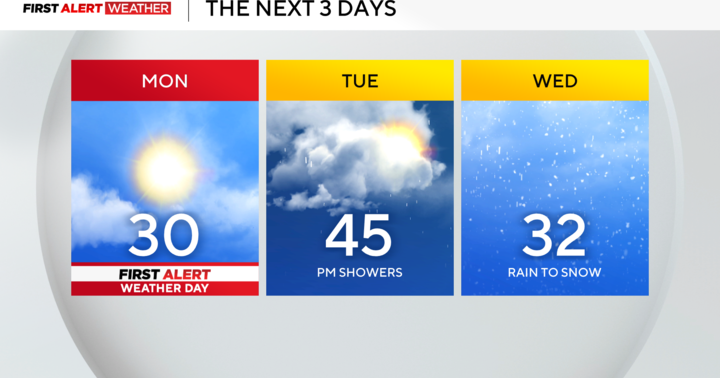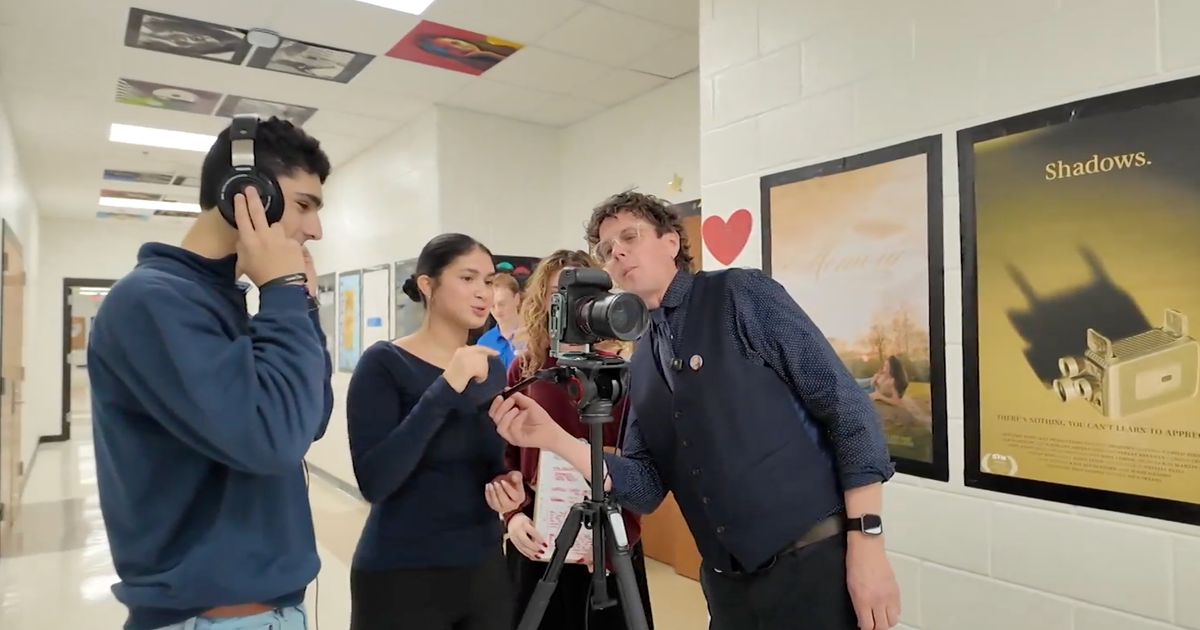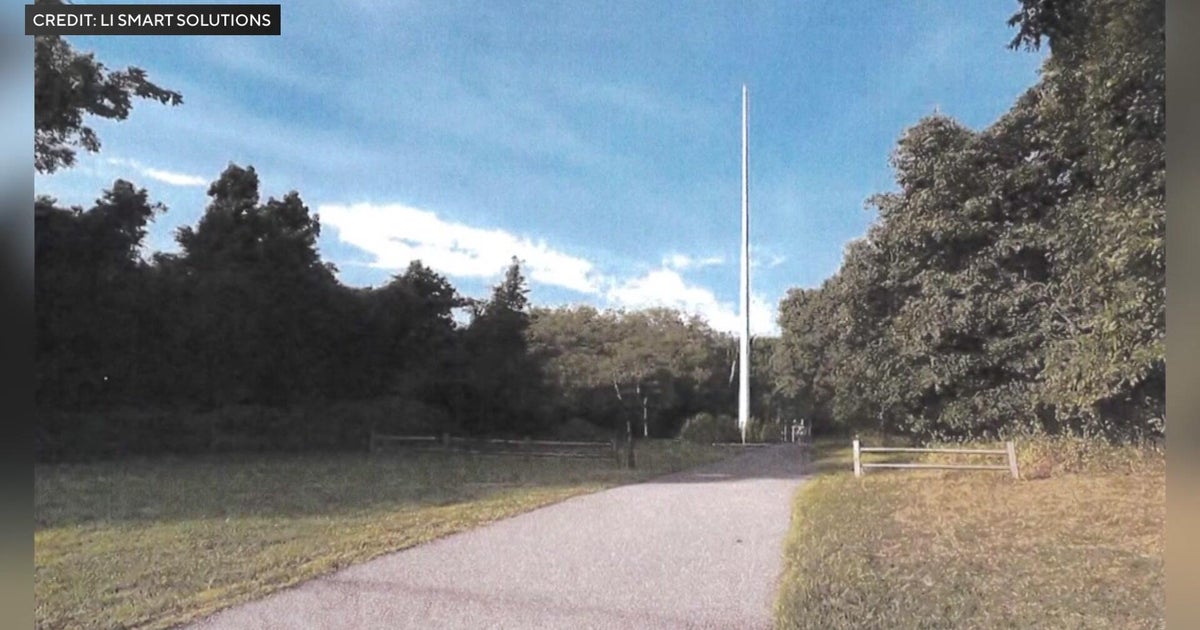Penguin Chicks To Hatch Soon At National Aviary, Web Cams Will Allow Public To Watch Them Grow
Follow KDKA-TV: Facebook | Twitter
PITTSBURGH (KDKA) -- The African Penguins at the National Aviary are getting ready to host a birthday party, and everyone is invited.
"We haven't had chicks in about three years," says Chris Gaus, of the National Aviary.
The nesting pair Sidney and Bette produced two eggs in early November. The staff at the Aviary isn't sure when they were laid, but the first egg was found Nov. 4. M & P Security Solutions just installed a high-def video camera to give everyone a crystal clear birds-eye view.
"Our first intent was to drill into the cave and place a small camera, a pin-hole camera, inside the cave," said Patrick Presto of M& P Security Solutions.
That plan had to change because "the eggs were already there, we couldn't do that since it would disturb the penguins."
The Pittsburgh-based company custom built a rig to support the camera. It will hang down into the display. The remote-controlled weather-proof gear can be adjusted as necessary to provide the best view of the nest. The Aviary hopes it becomes an important teaching tool.
"With African penguins, both the male and the female take turns incubating the eggs as well as kind of guarding the chicks and brooding them," says Gaus. "So it's a really good opportunity for people to see the inside look on penguin parenthood."
Ninety-eight percent of the African Penguins population in the wild has been lost. All of the penguins at the National Aviary are part of a species survival plan. This nesting pair has successfully raised chicks in the past at the Aviary, and both were good parents.
The incubation period for the African Penguins is 38 days. The staff expects the first chick to check in as soon as next week. It also means crews had to hustle to get the camera in place. It is the second time M&P has put surveillance gear at the Aviary to observe the endangered species.
Presto says each job is different.
"On this cave, it is more of a straight-in shot, and there's a void on each side of the penguin that we can still see, so there's really not going to be any dead spaces this time. It looks like it is going to be a better shot."
When the camera is operational, it will be available online for the public -- and the professionals -- to use.
"It's a pretty exciting time for us," says Gaus. "It also gives us an opportunity to keep a close eye on what's going on in that nest cave."
To learn more about the penguins at the National Aviary, visit their website here. And to watch the live cam, visit: www.penguinnestcam.org.







